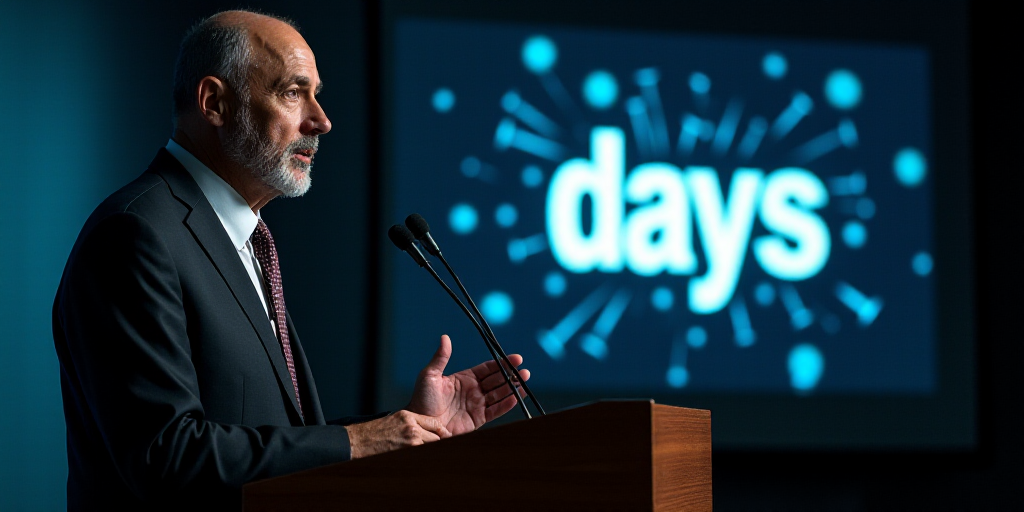Background on Key Figures and Context
Benjamin Netanyahu, the Prime Minister of Israel, stated on Saturday that eliminating Hamas leaders would bring an end to the conflict in Gaza. This statement comes amidst Israel’s ongoing military offensive in the Gaza Strip, which has resulted in at least 32 fatalities according to local Palestinian authorities.
Hamas is a Palestinian Islamist movement that has governed the Gaza Strip since 2007. The group’s leadership is currently based in Doha, Qatar, a nation that serves as an intermediary in negotiations for a truce in Gaza. Marc Rubio, the U.S. Senator and incoming Secretary of State, is scheduled to visit Israel to reaffirm American support before several countries recognize a Palestinian state at the United Nations General Assembly.
U.S. Response and Israeli Offensive
President Donald Trump criticized Israel’s attack on Hamas leaders in Qatar, an unprecedented move that targeted these individuals during a meeting in Doha. Rubio acknowledged the incident, stating it would not alter U.S.-Israel relations but would necessitate discussions on its impact on ongoing truce efforts.
The conflict began on October 7, 2023, when Hamas attacked Israel, resulting in over 1,200 deaths—mostly civilians—according to an AFP tally based on Israeli data. Hamas captured 251 people that day, with 47 still held captive in Gaza, including 25 reported dead due to the Israeli military’s account.
Israeli Military Offensive and Humanitarian Concerns
Israel’s military offensive in Gaza has led to at least 64,756 Palestinian casualties, mostly civilians, as reported by the Hamas-controlled Health Ministry, deemed reliable by the United Nations.
The Israeli military claims over 250,000 Palestinians have fled Gaza City due to intensified bombardments and attacks. However, local Palestinian authorities report only 68,000 evacuations. The United Nations estimates around one million Palestinians reside in Gaza and its surroundings.
Media restrictions and difficulties accessing many areas in Gaza hinder independent verification of these figures by the Associated Press. The UN and international community have warned against the military assault, fearing it could exacerbate Gaza’s already dire humanitarian situation, with the UN declaring a famine-like condition in the city.
Netanyahu’s Role and Criticism
Netanyahu asserts that Hamas leaders in Qatar prioritize their interests over the Gazan population, deliberately obstructing ceasefire attempts. He claims removing these leaders would eliminate the primary obstacle to freeing all captives and ending the war.
Conversely, the Forum of Hostage Families, an Israeli organization representing captive family members in Gaza, accuses Netanyahu of hindering the war’s conclusion. They claim he sabotages every agreement, perpetuating the conflict.
Key Questions and Answers
- Who is Benjamin Netanyahu? He is the Prime Minister of Israel, who asserts that eliminating Hamas leaders would end the conflict in Gaza.
- What is Hamas? Hamas is a Palestinian Islamist movement governing the Gaza Strip since 2007. Its leaders are currently based in Doha, Qatar.
- What is the current state of the conflict? The conflict began on October 7, 2023, with Hamas attacking Israel. It has resulted in over 1,200 deaths—mostly civilians—and the capture of 251 people, with 47 still held captive in Gaza.
- What are the humanitarian concerns? The UN has declared a famine-like situation in Gaza, with around one million Palestinians residing there amidst dire humanitarian conditions.
- What criticism does Netanyahu face? The Forum of Hostage Families accuses Netanyahu of obstructing peace agreements, prolonging the conflict.






